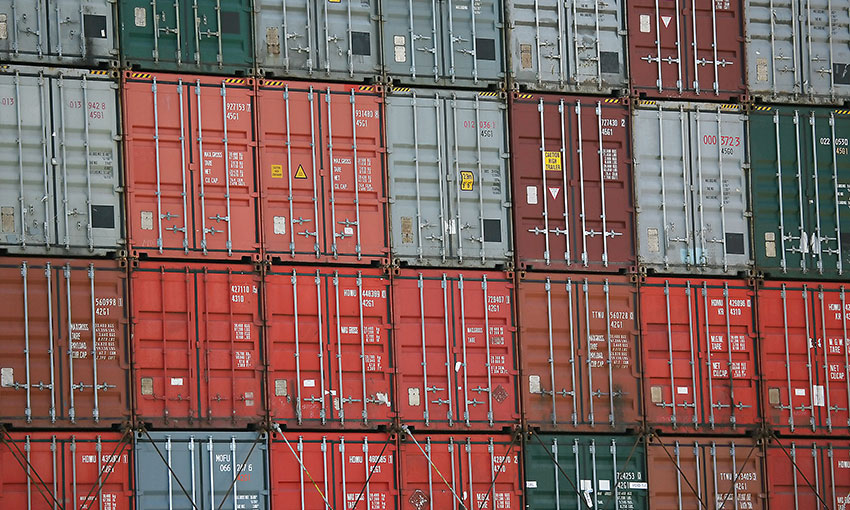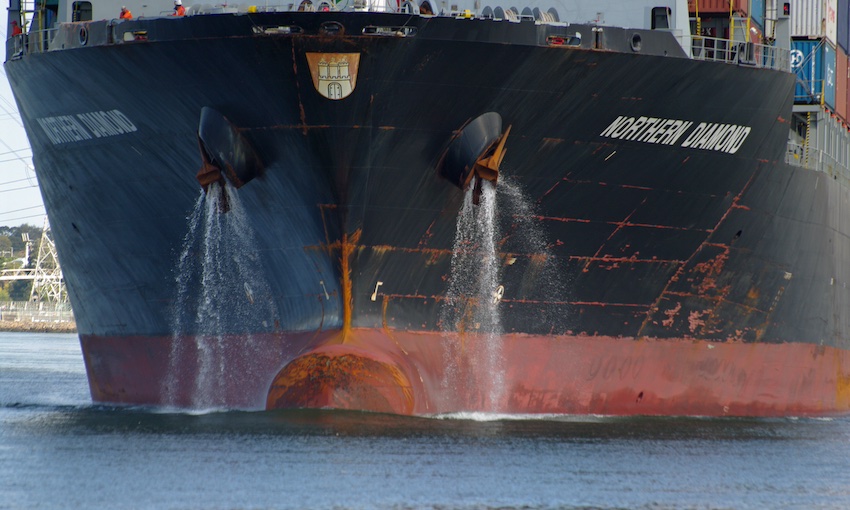THE FREIGHT & Trade Alliance and the Australian Peak Shippers Association have issued a three-point plan which they believe will improve trade facilitation and biosecurity safeguards.
The plan, handed to the Senate Committee, aims to respond to cross-border costs which are “spiralling out of control”, according to the peak bodies.
It comes after FTA and APSA were appointed to the Sustainable Biosecurity Funding Advisory Panel in late February, alongside IFCBAA and associations representing farmers, producers and biosecurity specialists.
FTA and APSA had indicated at the time of their appointment that they wanted the federal government to examine terminal access charges.
In a formal submission to the Rural and Regional Affairs and Transport Legislation Committee, FTA and APSA suggested importers and exporters paid $1.36 billion in TACs over the last three years, with $505.5 million paid in the 2023 calendar year.
“The scourge of TACs, combined with the biosecurity processing delays, is resulting in rapidly escalating supply chain costs directly adding to inflationary pressures and fuelling the cost-of-living crisis,” FTA director and APSA secretariat Paul Zalai said.
According to Mr Zalai, the Department of Agriculture, Fisheries and Forestry uses “labour-intensive” processes with biosecurity officers physically assessing import documentation and selecting consignments for further treatment or inspection on a set criterion for inspection.
“It is an outdated system unable to keep pace with increases and changing patterns of international trade – DAFF are unable to recruit and train staff quick enough to keep up with demand – despite the best efforts of management and existing frontline officers, industry is paying a heavy price,” he said.
Mr Zalai said this is causing delays for importers to gain release of cargo, resulting in breaches to commercial contractual arrangements, adding to storage costs and generating “exorbitant” container detention fees.
But he noted DAFF is co-designing solutions with industry and acknowledged the “significant financial commitment from the federal government” to modernise systems.
“These longer-term strategies have the potential to set a benchmark of global best practice in safeguarding against biosecurity risk whilst enabling legitimate trade,” he said.
“Whilst applauding and supporting these initiatives, we need the federal government to introduce immediate relief measures.”
The Biosecurity Protection Levy due to commence on 1 July 2024 would see producers join taxpayers and risk creators, such as importers, in delivering “a fairer system of funding” for the biosecurity system.
The plan is for the cost to be shared between taxpayers, importers, international travellers and producers. DAFF expects that, from 2024-25, 44% of the biosecurity system cost will be covered by ongoing taxpayer funding, importers will be paying 48%, producers will contribute 6% and Australia Post 2%.
As a part of a broader response to the Biosecurity Protection Levy, FTA and APSA have recommended that the federal government:
- does not proceed with the complex proposed levy against producers ($47.5 million being 6% of the budgeted Biosecurity Protection Levy);
- increase the full import declarations (FID) cost recovery to recoup the above $47.5 million shortfall, and additional funds to address interim remedial action to support import processing until additional permanent resources and benefits of modernised systems are realised; and
- offset the increased FID cost recovery impost on importers, by regulating against the current incontestable TAC regime, currently costing importers and exporters more than $500 million per annum.
“We well and truly understand the need to protect against biosecurity risks with importers prepared to pay an additional levy or cost recovery fee on the proviso that an appropriate proportion directly translates to commensurate improved and immediate trade facilitation measures,” Mr Zalai said.





